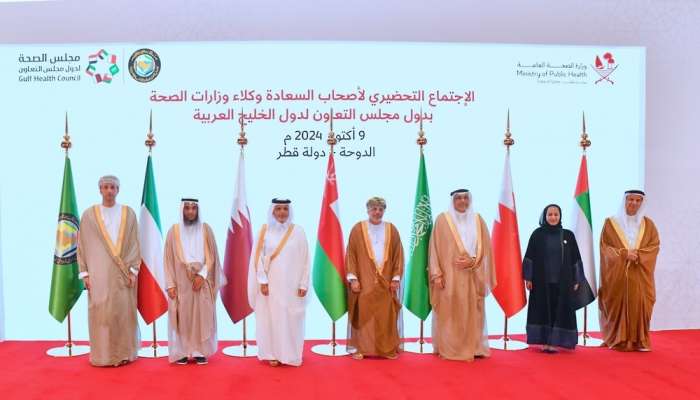As the Sultanate of Oman participated in the GCC undersecretaries of health ministries meeting in Doha, the Ministry of Health delegation, led by Dr. Said Harib Al Lamki, focused on enhancing cooperation in the health field among GCC countries. The meeting discussed various topics related to improving healthcare services and addressing common health challenges in the region. This gathering aimed to strengthen partnerships and collaborations to ensure the well-being of the GCC population.
One of the key areas of discussion at the meeting was the sharing of best practices and knowledge in healthcare management. By exchanging ideas and experiences, GCC countries can learn from each other’s successes and challenges in providing quality healthcare services to their citizens. This collaboration can lead to the implementation of more efficient and effective health policies and strategies that benefit the entire region.
Furthermore, the meeting highlighted the importance of addressing common health challenges facing GCC countries, such as non-communicable diseases, infectious diseases, and mental health issues. By working together, the countries can develop joint initiatives and programs to tackle these health issues effectively and improve the overall health outcomes of their populations. This collective approach fosters solidarity and mutual support among GCC nations in promoting health and well-being.
Moreover, the meeting also emphasized the significance of strengthening healthcare infrastructure and resources in the GCC region. By investing in healthcare facilities, technologies, and human resources, countries can enhance their capacity to provide quality healthcare services to their populations. This includes improving access to healthcare, reducing waiting times, and increasing the availability of medical supplies and equipment, ultimately leading to better health outcomes for all.
Additionally, the meeting discussed the importance of research and innovation in the healthcare sector. By supporting and promoting research activities and technological advancements, GCC countries can drive progress in healthcare delivery and outcomes. This includes investing in medical research, developing new treatment methods, and adopting innovative technologies to improve patient care and outcomes. By prioritizing research and innovation, the countries can stay at the forefront of healthcare advancements and ensure the continuous improvement of healthcare services.
In conclusion, the GCC undersecretaries of health ministries meeting in Doha served as a platform for Oman and other GCC countries to collaborate and strengthen their partnerships in the health field. By sharing best practices, addressing common health challenges, investing in healthcare infrastructure, and promoting research and innovation, the countries can work together to enhance the quality of healthcare services and improve the overall health and well-being of their populations. This meeting underscored the importance of collective efforts and cooperation in advancing healthcare in the GCC region, ultimately leading to better health outcomes for all.










